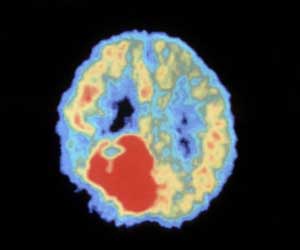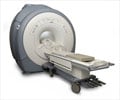Researchers have indicated that brain scans show signs of autism which may eventually support behaviour-based diagnosis of autism and effective early intervention therapies.

He said that they found the information transfer between brain areas, causal influence of one brain area on another, to be weaker in autism.
Kana, working with a team including Gopikrishna Deshpande, Ph.D., from Auburn University's MRI Research Center, studied 15 high-functioning adolescents and adults with autism, as well as 15 typically developing control participants ages 16-34 years.
The current study showed that adults with autism spectrum disorders processed social cues differently than typical controls. It also revealed the disrupted brain connectivity that explains their difficulty in understanding social processes.
Participants in this study were asked to choose the most logical of three possible endings as they watched a series of comic strip vignettes while a functional MRI scanner measured brain activity.
The scenes included a glass about to fall off a table and a man enjoying the music of a street violinist and giving him a cash tip. Most participants in the autism group had difficulty in finding a logical end to the violinist scenario, which required an understanding of emotional and mental states.
Advertisement
The study findings have been published online in Frontiers in Human Neuroscience.
Advertisement















